When the British announced the withdrawal of their navy from Singapore in 1967, a Dutch adviser from the United Nations, Albert Winsemius, offered the Singapore government two pieces of advice.
The first was to crush the communists:
I am not interested in what you do with them. You can throw them in jail, throw them out of the country, you can even kill them. As an economist, it does not interest me; but I have to tell you, if you don’t eliminate them in government, in unions, in the streets, forget about economic development.
The second piece of advice was to let the statue of Sir Stamford Raffles, the founder of Singapore, remain standing. The Singaporeans should not repeat the error of the Indonesian freedom fighters, who tore down a statue of a hated Dutch colonial officer. The Raffles statue would be testimony ‘that you accept the heritage of the British’, and serve as a beacon to western companies.
Singapore is just one of the many jurisdictions described in Quinn Slobodian’s lively book. The city state combines free market principles with tough authoritarian discipline. The dream of many free marketeers in the 20th century was to create independent states which, by a mixture of low taxation and light regulation, could foster enterprise and prosperity.
Crack-Up Capitalism is an engaging and fluently written account of the dreams of many philosophers, economists and, frankly, oddballs who have grown impatient with the shackles of the big state. Characters such as Milton Friedman, Murray Rothbard, Peter Thiel and, closer to home, William Rees-Mogg grace its pages. What united them was a yearning for freedom and a passion to preserve the sovereign nature of the individual. What they fought against was socialism in all its forms, and high taxes that stifle growth and initiative.
The book is a whistle-stop tour through – in no particular order – Hong Kong, the City of London, Singapore, Dubai, Silicon Valley, Somalia and Bantustan. The geographical spread is evidence of a common desire among people to lead their own lives free from the tight grip of state control.
While the yearning is simple and admirable, the road map to reaching utopia is quite complicated. In the case of Singapore, the low-tax, economically vibrant city state depends to a large degree on state planning and direct government intervention. Margaret Thatcher was distinctly aware of this paradox. She wrote to a friend suggesting that Britain should turn away from Europe to become ‘a kind of free trade and non-interventionist “Singapore” ’. Beyond authoritarianism (as found in Singapore), Slobodian is keen to highlight the often anti-democratic impulses of libertarian thinkers.
In the late 1970s, Milton Friedman arrived in Hong Kong and was deeply impressed by what he saw. Globally, the outlook was gloomy. By 1978, inflation was high and rising in the United States. Britain was entering its winter of discontent, with a record number of strikes. Unrest rumbled in Iran, where revolutionary leftist students joined with religious zealots to overthrow the government. Vast swathes of South America were in the grip of military dictatorship. The world was facing a ‘crisis of democracy’. In such conditions, Friedman found Hong Kong’s dynamism and economic success remarkable and praiseworthy. Filming his popular American TV show Free to Choose, he smiled into the camera while gesturing at the white skyscrapers glittering against the backdrop of the South China Sea. He celebrated Hong Kong as a hub of capitalism. It provided a stark contrast to much of what he saw in the western world.
Since the 1950s, Hong Kong had been permitted to set its own trade and tax policies. Colonial governors kept tariffs low, and taxes were also low. In 1978, the top rate of income tax in Britain was 83 per cent. In the US it was 70 per cent. But in Hong Kong there were no taxes on capital gains or inheritance, and a flat income tax of 15 per cent.
The model was so successful that China simply copied it, and created its own special economic zone (SEZ) in Shenzhen. Of course, as far as the Chinese were concerned, democracy was irrelevant. They focused exclusively on economic success. For many years, arriving in Shenzhen felt like entering a different world. It was ringed by barbed-wire fences, and even Chinese citizens needed visas to gain access. The Chinese took the cautious approach of ‘experimental gradualism’. They built Shenzhen slowly; but by 2020 its population had reached 20 million, with a GDP greater than that of Hong Kong or Singapore. The zone became the template for a ‘China of enclaves’.
A key theme of Slobodian’s book is, of course, the relationship between democracy and economic freedom. In the late 1980s, Friedman was openly ambivalent about the need for democracy: ‘I believe a relatively free economy is a necessary condition for a democratic society; but I also believe there is evidence that a democratic society, once established, destroys a free economy.’
Crack-up Capitalism features a wide range of eccentrics and idealists. Michael van Notten, a Dutch lawyer, is described as ‘a generic foot soldier in the neo-liberal war of ideas’. The practical aim of his theorising was to create a utopia in Somalia – somewhere he saw as a ‘huge network of hundreds, if not thousands, of mini-governments, each wholly independent of the others’. Once industrial capitalism and democracy collapsed, he believed, people would turn to mercenaries, private companies and freelancers ‘for infrastructure and services in the new state of anarchy’. ‘It is at that moment,’ he wrote, ‘that the Somali experience can offer us some guidance.’
The creation of utopias has always beguiled political philosophers. Now the modern world offers people the chance to fulfil those fantasies. Unsurprisingly, we meet internet utopians such as Balaji Srinivasan, an American born in 1980 to Indian immigrant parents. Together with accomplices, he has sought to build a new internet that would come closer to his vision of society run as a business. He calls it the ‘cloud country’, stemming from the idea of people finding new kindred spirits online, the internet having made it possible to create meaningful bonds without physical contact that can exist across lines of gender, class and nationality.
Slobodian relishes descriptions of fantasists and so-called ‘anarcho-capitalists’. It is easy to laugh at apparent craziness and mania, and he treats the spirit which has animated these libertarians lightly. One gets the feeling that he sees the yearning for freedom as a bit of a joke. But there are serious questions under-lying the ideas of even the most crackbrained libertarians. How can economic growth be generated? How can we preserve individual freedom in a more bureaucratic world? While Slobodian paints these neo-liberals as enemies of democracy itself, it must not be forgotten that the development of capitalist theories and democratic ideals often came from the same sources, such as Locke, Montesquieu and the original framers of the American constitution.
The schemes of van Notten and Srinivasan can seem absurd. The notion that Honduras could be put up for sale, or that Liechtenstein could be bought by Bill Gates, is certainly fanciful. But none of this should detract from the real challenge of creating prosperous societies which can unite democratic principles with genuine economic growth.
Despising democracy, China has failed to do this, despite the methodical way it has developed its capitalism. Anaemic growth levels continue to dog western Europe. America aspires to global leadership in championing the values of capitalism and democracy, but anyone can see the problems that geopolitical colossus faces. Reading this book makes one realise how easy it is to mouth the slogans of neo-liberalism. A practical plan to achieve even some of those goals has proved far more difficult.
Got something to add? Join the discussion and comment below.
Get 10 issues for just $10
Subscribe to The Spectator Australia today for the next 10 magazine issues, plus full online access, for just $10.
You might disagree with half of it, but you’ll enjoy reading all of it. Try your first month for free, then just $2 a week for the remainder of your first year.

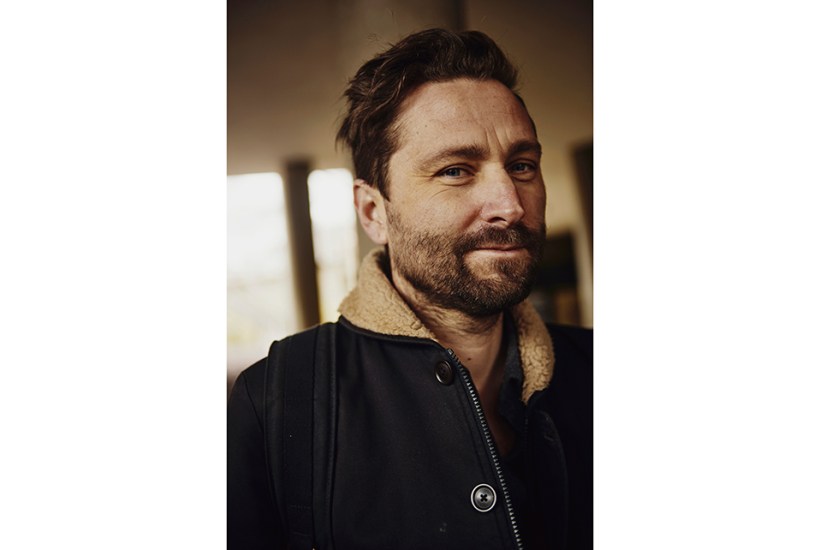


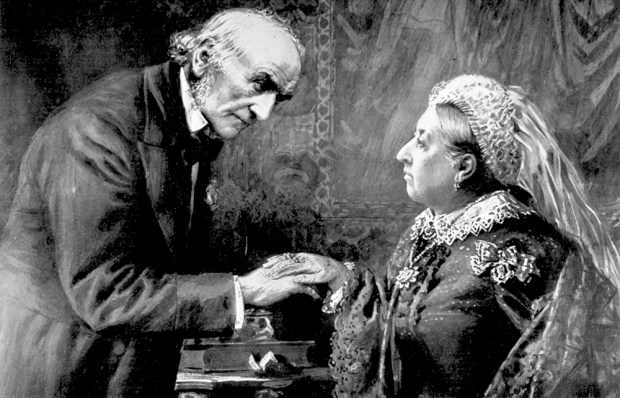
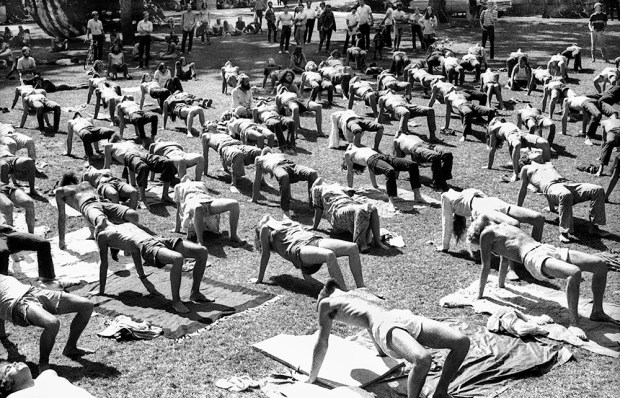
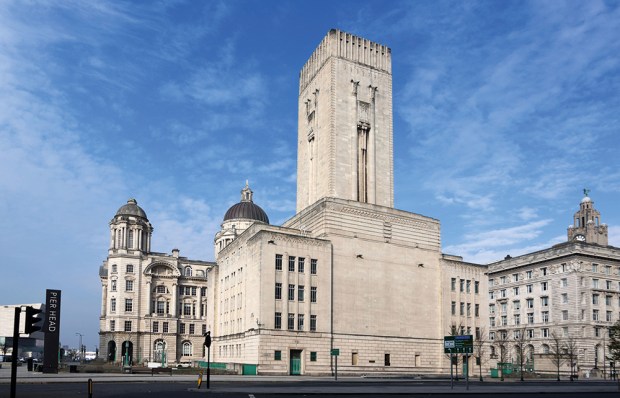
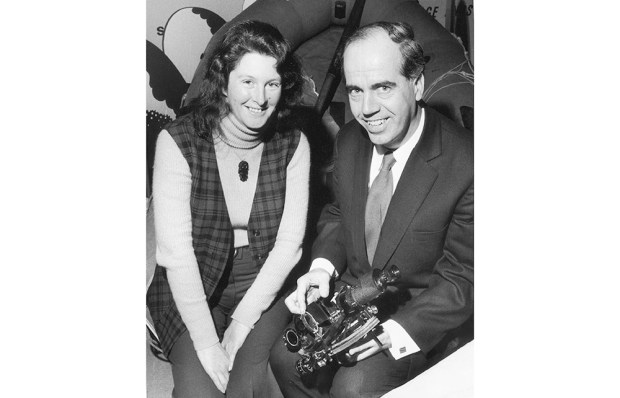






Comments
Don't miss out
Join the conversation with other Spectator Australia readers. Subscribe to leave a comment.
SUBSCRIBEAlready a subscriber? Log in